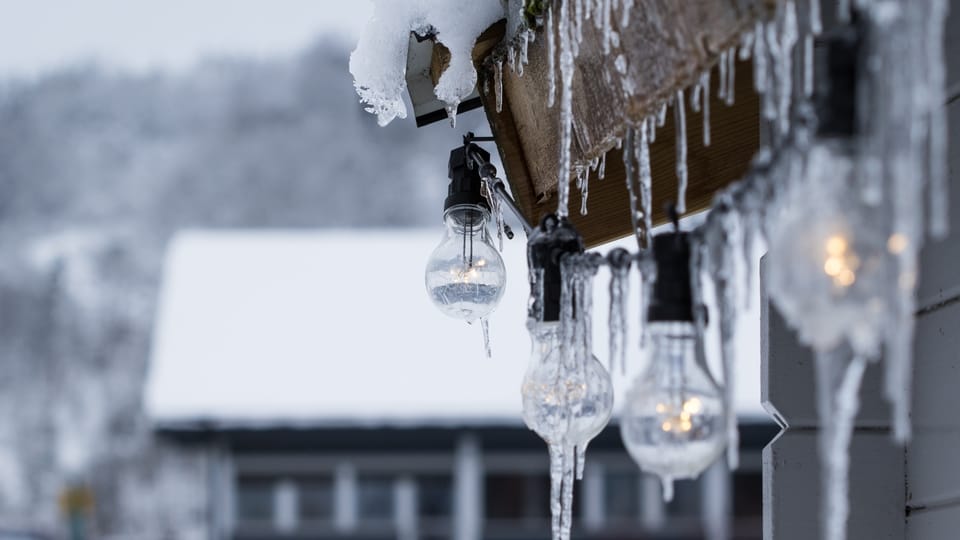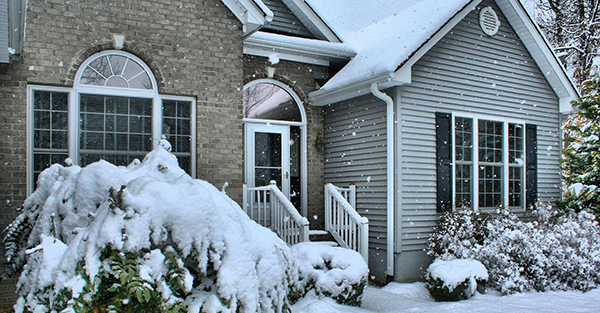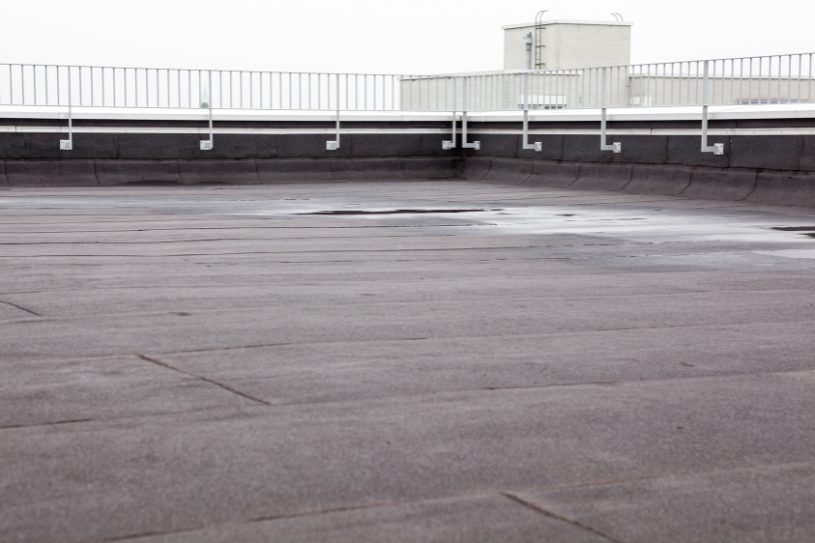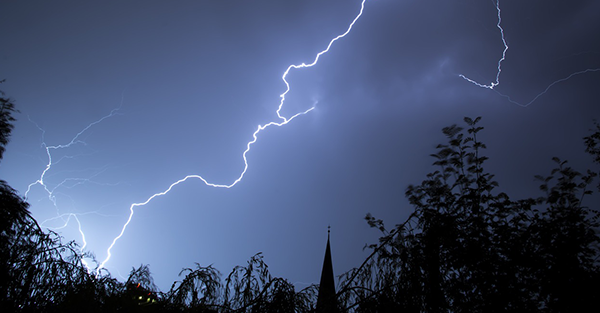
Several warning signs may herald the end of a roof's life. It’s important to heed these signs and to be proactive when it comes to the condition of your roof. Roof replacement can be a large and costly ordeal, but it's also a necessary part of owning and maintaining a healthy home. Failure to take action in time could necessitate repairs to more of your home than just the roof. Ignoring the sometimes subtle signs that your roof is failing risks not only additional repair costs, but also your health and safety and that of anyone else under your roof. In Ankeny, Ames, or the Des Moines area, your roof takes a beating from seasonal extremes — snow, hail, and high humidity. Whether you’re seeing post-storm damage, or wondering about roof age, here are the signs you can’t ignore.
10 Warning Signs Your Roof is Failing
Note: Do not climb on your roof to do an inspection yourself. Simply look up from the ground using binoculars to search for any warning signs, or contact a professional to do a free roof inspection for you.
#1 - You have several missing or loose shingles
This could be due to storm damage, or it may be because your roof is past its prime. When shingles become loose or fall off, your roof, as a whole, isn't going to be very useful in protecting your home.
#2 - Your shingles are curling, cracking, dry, or blistering
If your shingles begin to show any of these signs, it usually means they have reached the end of their life, and you probably need to have a new roof installed. Blistering could also be due to high humidity levels (contact with too much moisture), which is usually the result of a poor roof ventilation system.
#3 - The roof is sagging
A sagging roof could mean several things: your roof could be weak and deteriorating; it could have been installed improperly; or it might be supporting too much weight (snow, ice, etc.). Whatever the case, roof sagging is a clear sign that your roof needs to be replaced. If you don’t act soon, it could collapse. This is especially common after heavy snowfalls in Iowa. If you live in Central Iowa, sagging could also signal moisture trapped from ice damming in past winters.
#4 - There are dark/dirty areas on your roof
Darker areas usually appear when granules begin to fall off shingles. This means your shingles have aged and should soon be replaced. Dark patches could also signal algae or moss growth on your roof, which should be removed as soon as possible. In humid Iowa summers, algae streaks or moss growth are common — especially on north-facing or shaded roof slopes. While not always urgent, they’re often early signs your shingles are failing.
#5 - You have granules in your gutters
When shingles begin to lose granules, it means they have reached an age where they aren’t as effective as they should be and must be replaced. Shingles lose more and more granules as they get older.
#6 - You notice several exposed or loose nail heads
If nails begin popping out of place, the holes and spaces around the nails that remain are susceptible to water penetration and can lead to leaks in the roof. The damage this moisture causes might force you to replace your roof sooner than expected.
#7 - You have water damage inside your home or attic
If you have water leaking into any parts of your home or attic, there’s a good chance that your shingle underlayment is inadequate or flashing on your roof has deteriorated. Mold and mildew can result from inadequate roof ventilation.
#8 - There are areas where flashing is missing or damaged
Flashing is placed around projections that intersect with your roof, such as your chimney. If the sealing around these structures is broken or damaged, water can easily leak into your home.
#9 - Your roof is over 20 years of age
Asphalt shingle roofs in Iowa typically last 15–20 years, especially with storm exposure. If your roof is more than 10 years old and has hail or wind damage, insurance may cover your replacement — but don’t wait too long to find out. If your roof was installed over the top of the previous roof (shingles on top of shingles), then you may need to replace your roof sooner.
#10 - Your heating and cooling bills have gotten noticeably higher
This could be a result of insufficient attic ventilation or a damaged/leaky roof that lets bad air in and good air out.
Not sure if it’s time to replace your roof?
If your roof is over 10 years old or showing signs of damage, don’t wait. Hedrick Construction offers free inspections and can help you navigate the insurance process if storm damage is involved. Serving Ankeny, Ames, Des Moines, and surrounding Central Iowa communities for over 20 years.







Comments